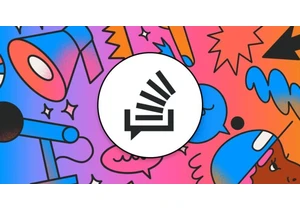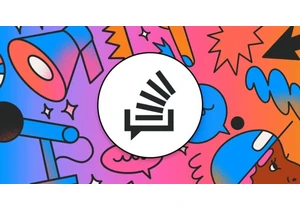A two-part episode: In part one, Ben chats with friend of the show and senior software engineer Kyle Mitofsky about Staging Ground, a private space within Stack Overflow where new users can receive guidance from experienced users before their question is posted. In part two, Ben talks to Stack Overflow moderator Spevacus, who participated in the beta of Staging Ground. They talk about why we wanted to build a safer asking experience for new users, the positive feedback we’ve gotten from the community so far, and the challenges of building Staging Ground within the existing Stack Overflow architecture. https://stackoverflow.blog/2024/07/12/why-we-built-staging-ground/
Melden Sie sich an, um einen Kommentar hinzuzufügen
Andere Beiträge in dieser Gruppe

Wenjing Zhang, VP of Engineering, and Caleb Johnson, Principal Engineer at LinkedIn, sit down with Ryan to discuss how semantic search and AI have transformed LinkedIn’s job search feature. They explo

Improving the place where developers have real conversations and real collaboration https://stackoverflow.blog/2025/08/11/renewing-chat-on-stack-overflow/

Ryan welcomes Paul Everitt, developer advocate at JetBrains and an early adopter of Python, to discuss the history, growth, and future of Python. They cover Python’s pivotal moments and rise alongside

In the age of AI, being able to make applications and create code has never been easier. But is it any good? Here's what vibe coding is like for someone without technical skills. https://stackoverflo

Quinn Slack, CEO and co-founder of Sourcegraph, joins the show to dive into the implications of AI coding tools on the software engineering lifecycle. They explore how AI tools are transforming the wo

Innovation is at the heart of any successful, growing company, and often that culture begins with an engaged, interconnected organization. https://stackoverflow.blog/2025/08/04/cross-pollination-as-a

Ryan and Eira welcome Erin Yepis, Senior Analyst at Stack Overflow, to the show to discuss the newly released 2025 Developer Survey results. They explore the decline in trust in AI tools, shifts in po
